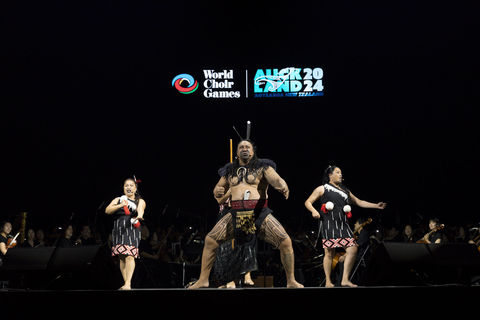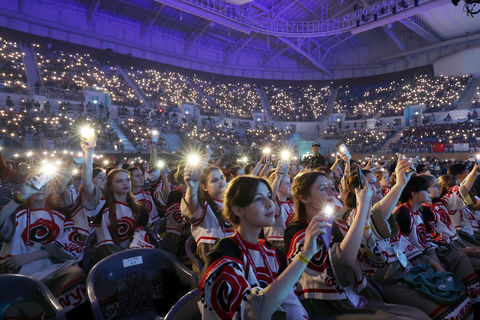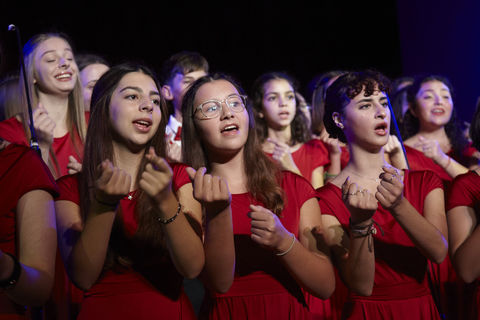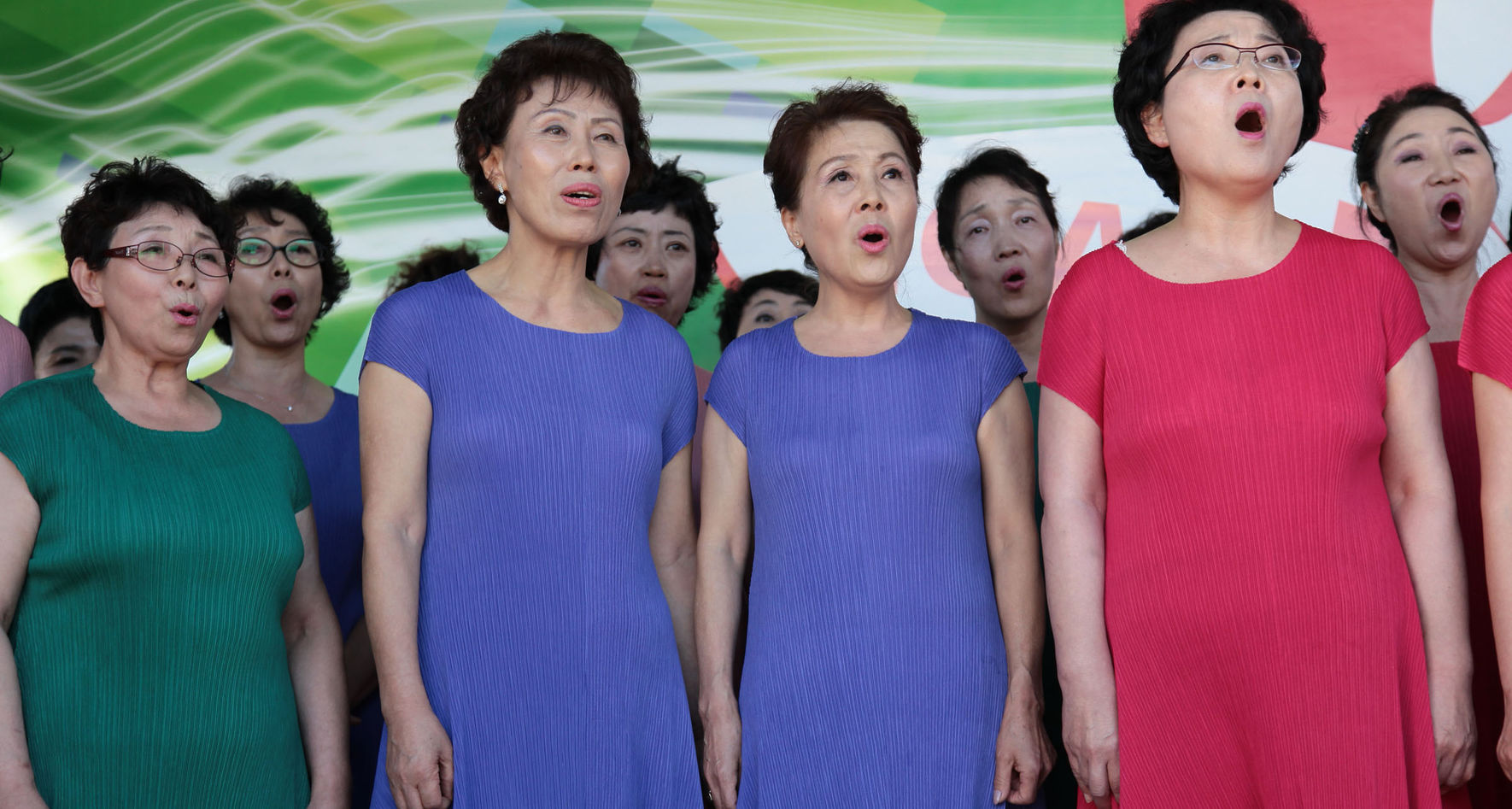
How does a region become a center of choral music?
A look at the rapid development and significance of the South Korean choral scene
"Welcome to the 12th World Choir Games in Gangneung." From July 4-14, 2022, hundreds of choirs from around the world will meet for the second time in the Republic of Korea. After the first event in 2002 in Busan, the largest international choir competition in the world will take place this time in the beautiful province of Gangwon on the east coast of South Korea.
In 2018, this was one of the venues of the Winter Olympics, which went down in history as the “Peace Games” due to the joint appearance of North and South Korea. This idea is now to be carried forward with the World Choir Games 2022. Between the East Sea on the one side and an impressive mountain backdrop on the other, the focus is on cultural exchange and the power of choral music to unite people, as is the case with all World Choir Games, in addition to the competition as such.
And where better to experience this than in a region whose choral music may not look back on the longest, but certainly on one of the most impressive developments?
South Korea's choral history between Christian tradition and modernity
Actually, everything began quite classically: Christian missionaries introduced Western music to South Korea in the 1880s with the founding of educational institutions and churches. This gave rise to a choral tradition that was initially lived exclusively in churches and educational institutions for about 30 years.
Especially in the mid-twentieth century, during the period of independence from Japan and the Korean War, many choirs were established outside churches. In the 1960s, choral singing expanded to school and children's choirs of all ages, and finally, in the 1970s, the government began to hold choral competitions for amateur choirs. The goal was to motivate people to sing together, thus strengthening the sense of community, patriotism, and awareness of the traditional heritage and culture of the "new country." The National Chorus of Korea (NCK), founded in 1973, is considered South Korea's first professional choir. Its conductor Young-Soo Nah contributed greatly to the development of Korean choral music by motivating Korean composers to create works for choirs.
The founding of the first professional choir financed entirely by a private company, the Daewoo Choir in 1983, marked the time when choral music gained strong popularity outside the church.
There are now over 9,000 choirs in South Korea: in addition to very many church choirs, civic and professional city choirs, there are also a large number of amateur choirs of all ages. The importance of the choral scene in and for the Republic of Korea is reflected in the fact that regular and annual programs of public organizations provide financial support to the choirs, so that the scene is constantly expanding both stylistically and numerically.
Colorful, lively and highly emotional – South Koreans love singing in choirs
Today, South Korea's choral life is colorful, lively in all age and social groups, extremely diverse and characterized by traditions as well as current singing techniques and musical trends.
In addition to church choral music, the classic South Korean folk song "Arirang," first mentioned in writing in 1896, is still at the top of the choral singing hit list. By far the best known Korean folk song, it exists in countless local variations. It is considered a symbol of harmony and in 2012 it was included by UNESCO in the list of intangible world cultural heritage.
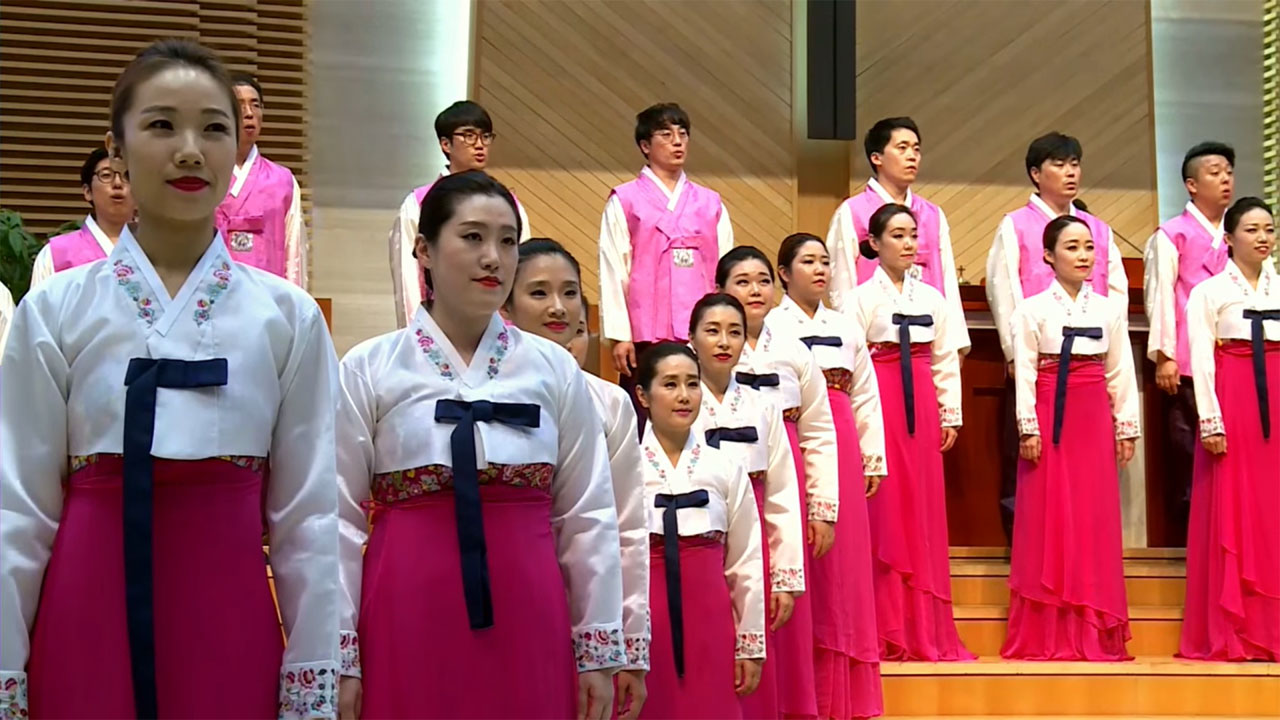
However, especially in modern choral singing, many global trends (including European romanticism and American pop music) can also be found, which are often combined with local content and country-specific feelings. One thing is certain, Koreans love to sing: thousands of karaoke venues in the country bear witness to this. How good they are at it is proven by the many famous South Korean singers who are successful on the opera stages of Europe. Above all, however, South Koreans use music to express emotions. Thus, their choral music always includes the lyrical sensibility of Korean people.
Two major choral associations, the Korean Federation for Choral Music (KFCM) and the Korean Choral Directors Association (KCDA), support the further development and promotion of choirs as well as that of up-and-coming conductors and composers.
World-renowned conductors are committed to the further development of the South Korean choral scene
Prof. Hak-Won Yoon, world-renowned conductor, Honorary Artistic President of INTERKULTUR and often referred to as the godfather of the Korean choral scene, has played a major role in this brilliant development. Already at the beginning of his conducting career in 1970, it was a great concern of his to establish connections between Korean and global choral music. With choirs such as the Seoul Ladies' Singers, the World Vision Children's Choir, the Daewoo Choir and the Incheon City Chorale, he pursued two main goals: to take domestic choral music around the world and, at the same time, to promote the popularization of choral music in the Republic of Korea. All these choirs are world famous today.
Many musical talents have followed Prof. Hak-Won Yoon, who teaches composition at Joong-Ang University and is the founder of Seoul Chorus Center, into the choral world. Among them is his son Euijoong Yoon, who is now the conductor and Artistic Director of the National Chorus of Korea.
With them and other great choral leaders, he has managed to unite and reshape the Korean choral scene.
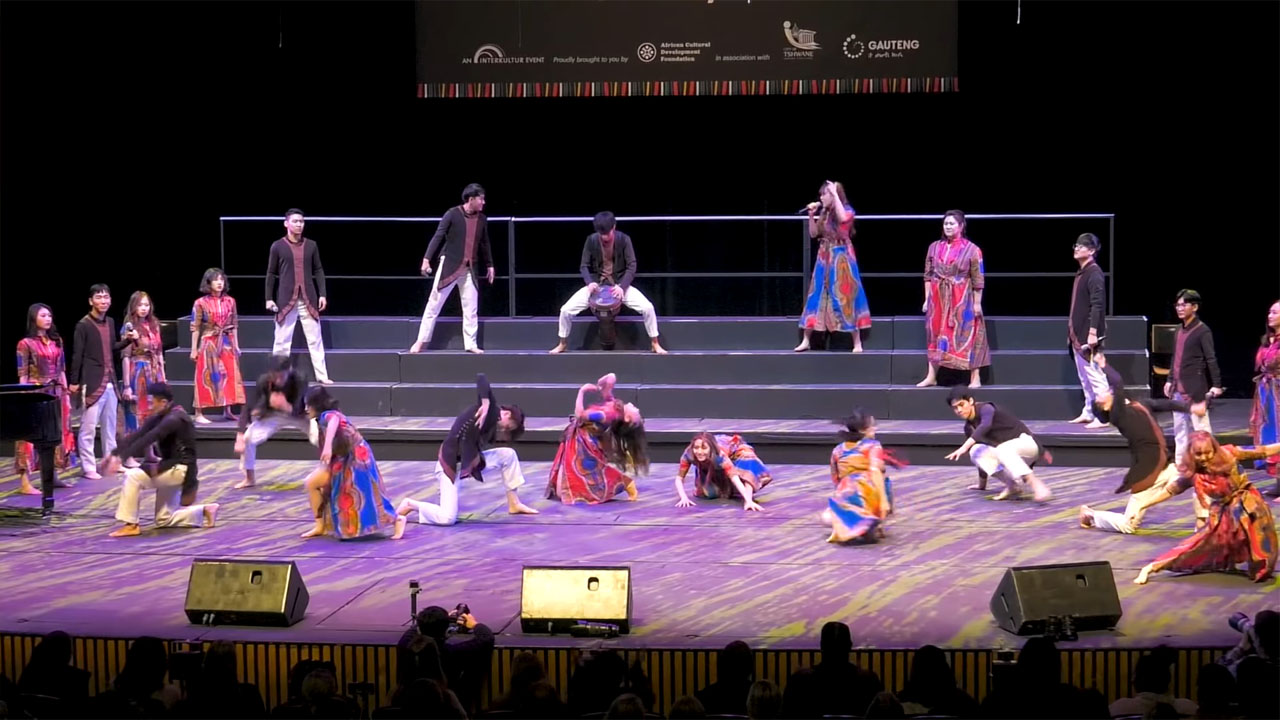
Wishes for the future of choral singing in the Republic of Korea
For the future, Prof. Hak-Won Yoon as well as Dr. Shin-Hwa Park (representative of the Republic of Korea in the World Choir Council, Professor at the Ewha Womans University, conductor of the Ansan City Choir and the Ewha Chamber Choir and former President of the Korean Federation for Choral Music (KFCM)) wish that it will be possible to inspire even more young singers for choral singing. They see the World Choir Games with their motto "Singing together brings nations together" in July 2022 as a great opportunity for the further development of the amateur choir scene - not only in the Republic of Korea - due to their immense external impact.
A desire for peace and connection, manifested by the fact that Friendship Concerts with choirs from different nations are planned at the DMZMuseum in the demilitarized zone between North and South Korea.
So let‘s go to what Han-Geun Kim, mayor of Gangneung, calls „a romantic city full of coffee, sea, pine scent and charm, where the customs and dignity of thousands of years of history come alive.“ May the choirs of the world carry the legacy of „peace and prosperity“ of the 2018 Winter Olympics to the 2022 World Choir Games!

